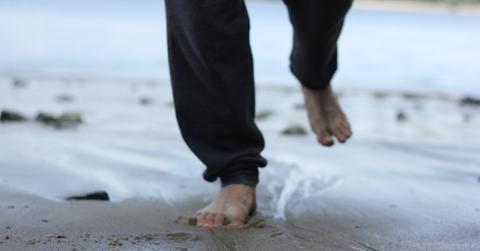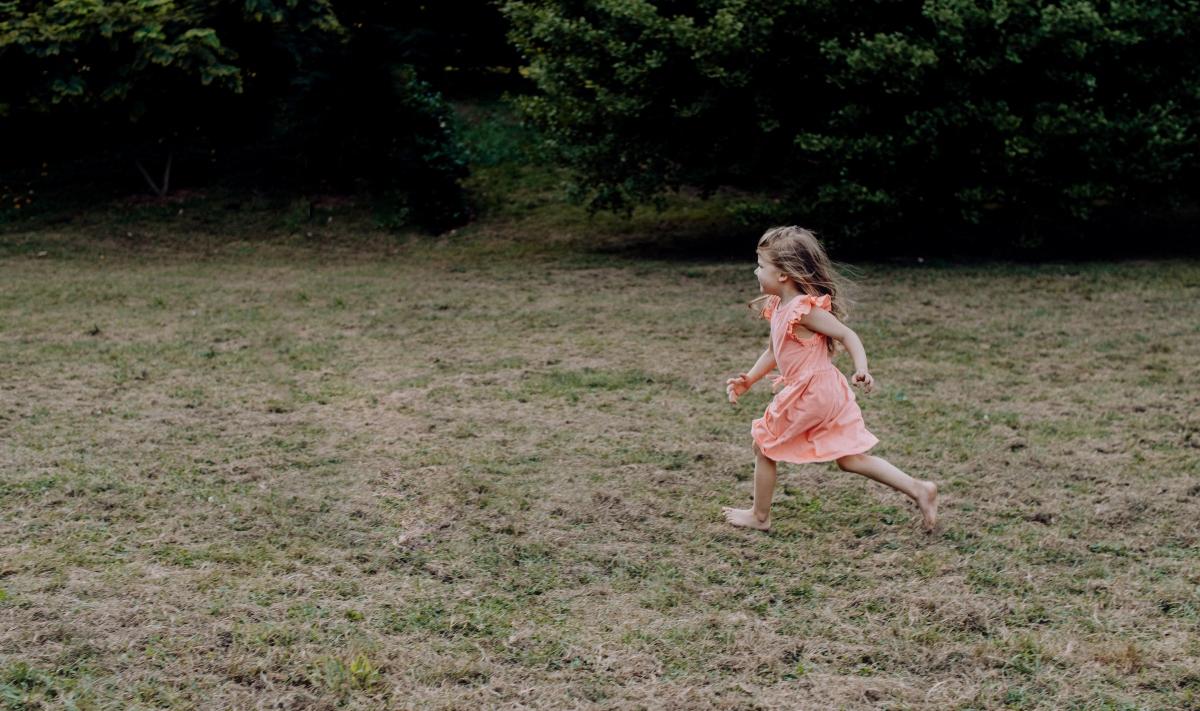Earthing Isn't All Positive — Some People Experience Negative Side Effects
Published Sept. 5 2023, 4:12 p.m. ET
There's a growing movement claiming that people are missing out on a number of health benefits by losing a physical connection to the earth. In fact, the practice of grounding, or earthing, has emerged to help people rediscover that connection to Earth. People may want to try earthing for its purported benefits such as reduced inflammation, pain, and stress, per The Earthing Institute.
However, the scientific research on earthing is very minimal, so although people claim anecdotal evidence about how good earthing makes them feel, it's important to be aware of some possible negative side effects of earthing.
That said, bear in mind that this article is not to be misconstrued as medical advice. If you're considering incorporating earthing into your life, make sure to consult with your physician first.
What is earthing? The practice can have a number of benefits.
As Verywell Mind explains, earthing is a practice that "allows people to directly connect their bodies with the Earth." Typically, when people talk about earthing, they mean either walking barefoot outdoors, or using grounding systems while they sleep or sit indoors. Other earthing methods include lying on the ground, wading outdoors, or even playing in the dirt.
Though more research is likely needed, some studies show benefits of earthing, such as improved sleep, stronger immune systems, and even benefits to hearth health, per Verywell Mind.
What are the negative side effects of earthing?
While grounding or earthing seems to offer a plethora of health benefits, it's important to consider possible negative side effects before making earthing a regular practice. Some of the most commonly cited downsides of earthing are potential for infection, risk of electric shock, and uncomfortable symptoms like fatigue while your body adjusts.
According to the website RemedyGrove, earthing can increase a person's risk of infection. This is because walking barefoot on grass or a beach can expose your skin to bacteria and parasites. Being aware of the environment in which you are earthing is important, as well as avoiding barefoot contact with the ground if you have open cuts or scrapes.
People who use grounding mats for their bed or the floor while sitting indoors may be at risk of electric shocks, per RemedyGrove. This is why it's essential to follow all directions on grounding mats properly to ensure you're using them safely. If you're worried about the safety of grounding mats, you could stick with purely outdoor grounding by spending time barefoot.
MindfulZen.com says that earthing may produce "earthing detox symptoms" that may include fatigue or headache. Whether or not feeling badly when you start earthing is because your body needs to get rid of toxins, it's possible that you will need to adjust to the effects of earthing on your body. This could be as simple as limiting your earthing to periods of 30 minutes or less, especially at first.
The Earthing Institute also explains that some people new to earthing may feel flu-like symptoms, cramps, or soreness. As long as your grounding mats are properly functioning, the organization says, this type of discomfort eventually fades away and you'll begin to feel better.
One more potential negative side effect, per Planet Meditate, is that some people experience an uptick in anxiety. Whether you already suffer from anxiety or not, anxiety levels can increase, possibly due to the unfamiliar sensation of energy flowing through the body.
Everyone will respond to earthing differently — so again, make sure to consult with a professional before getting involved in the practice.

